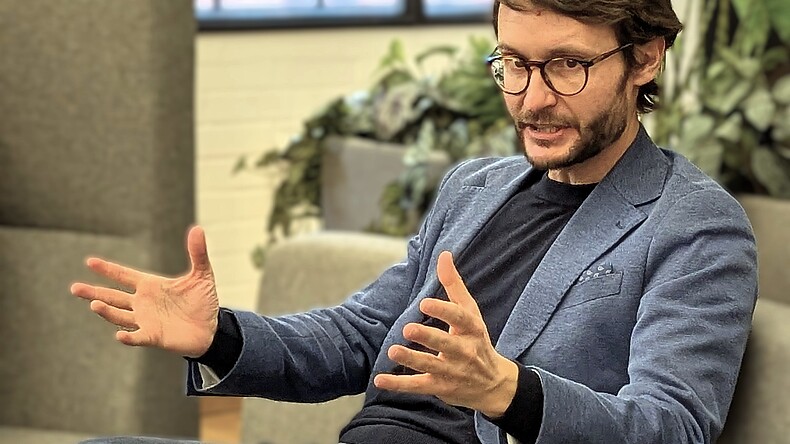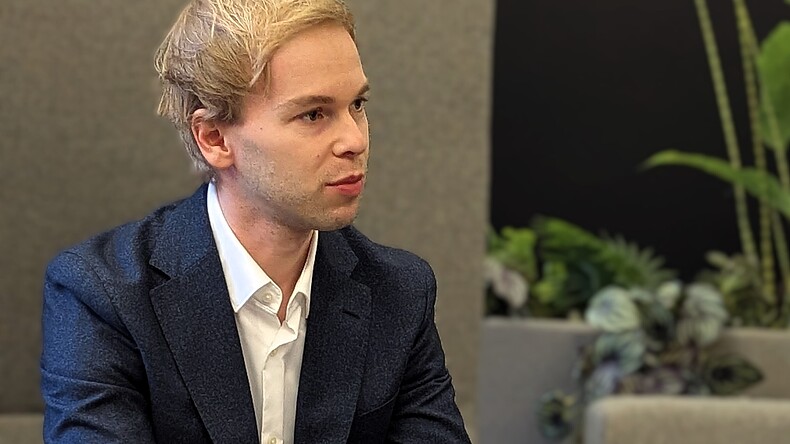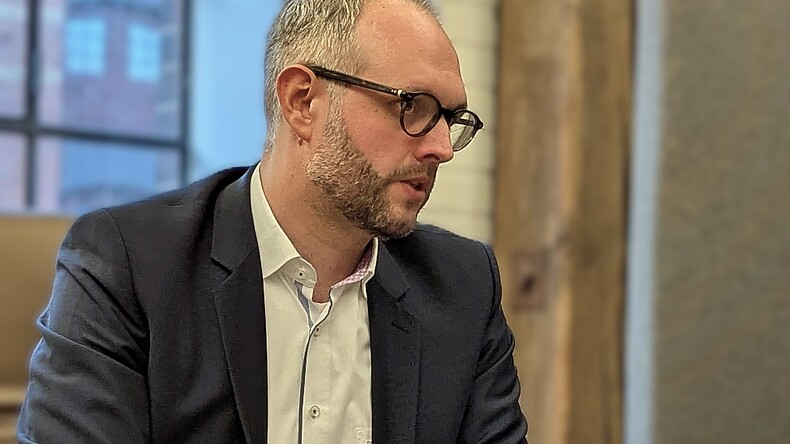So, is the accusation that the EU’s AI Act will stall innovation justified?
Maximilian Kiener: The AI Act doesn’t have to be a drag on innovation; instead, it offers opportunities to forge competitive advantages. It calls for exactly the aspects that characterize responsible AI: security, responsibility and governance. Europe’s strength lies in its holistic assessment of AI – incorporating technological, ethical and regulatory respects. In any case, companies need to handle AI responsibly rather than blindly integrating APIs.
Alois Krtil: Here’s a concrete example: just today, I was at a workshop with a medium-sized company focusing on AI-based turn assistance systems – a safety-critical area with stringent requirements in terms of security, safety and robustness. This medium-sized company regards regulatory requirements as a quality factor – a hallmark of trustworthiness. It carries the logo of the Responsible AI Alliance with pride because it strengthens its position as a dependable provider. Its membership also provides a market advantage, attesting that its models are free from dubious data sources. The company’s AI solutions meet European standards and have demonstrated their safety and reliability.
Maximilian Kiener: While the RAI Alliance can accomplish a great deal, it also faces complex challenges. Responsible AI is often understood as an overarching principle because successful regulation encompasses many different values and requirements. Safety shouldn’t be seen as the sole standard – that would only constrain discourse. The strength of the RAI Alliance lies in upholding and promoting this diversity of values.
Is there a need for more pragmatism and a willingness to experiment when it comes to AI?
Michael Koch: Overall, AI is subject to greater skepticism in Europe than in the USA. In companies’ day-to-day operations, three-quarters of AI applications are met with resistance from employees. The RAI Alliance can help to foster trust. Many companies are hesitant to deploy AI widely because they feel unsure about how to implement it responsibly. The key is a pragmatic approach: not every company needs its own AI department right away, but they do need an AI strategy. Training and internal skills development are important first steps.
Alois Krtil: Rapid technological development intensifies this trend. While generative AI was an experimental field just a few years ago, it’s now part of everyday life. Companies shouldn’t allow regulatory uncertainty to paralyze them; instead, they should test AI integration in controlled environments. The RAI Alliance can help to establish best practices and actively shape discourse.
Maximilian Kiener: AI development is a marathon, not a sprint. It’s about sustainable systems, not short-term efficiency gains. Innovation and ethics are inextricably linked: ethics is a part of value creation, extending far beyond purely economic targets. The idea of a circus tent illustrates the challenge: it’s quickly constructed, attracts visitors – but only leaves behind some flattened grass. The alternative is building a sustainable building, which takes longer to construct but also lasts for longer. Europe needs both aspects: agile experiments for short-term innovation combined with structures designed to endure for the long term.



